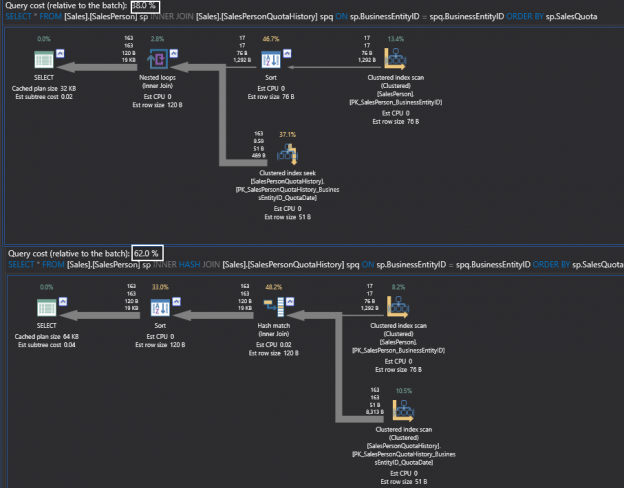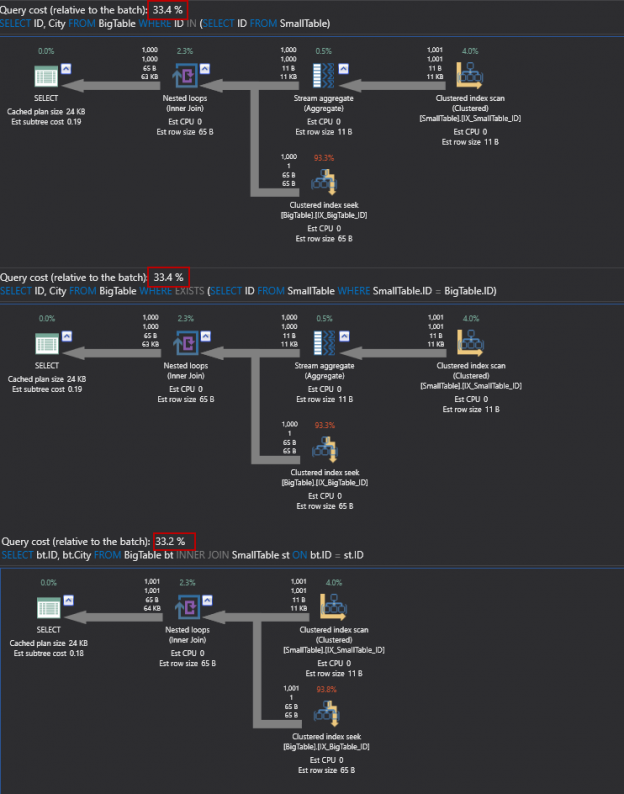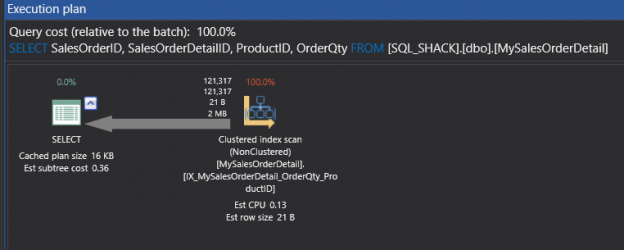Now that we understand what Clustered Index Scan and Clustered Index Seek are, how they occur, and how to eliminate table scans in my previous article SQL Server Query Execution Plans for beginners – Clustered Index Operators, the next topic would be looking at Non-Clustered Indexes
Read more »Ayman Elnory
- SQL Server Query Execution Plans for beginners – NON-Clustered Index Operators - April 24, 2018
- SQL Server Query Execution Plans for beginners– Clustered Index Operators - March 5, 2018
- A walk through the SQL Server 2016 full database backup - February 12, 2018

SQL Server Query Execution Plans for beginners – Clustered Index Operators
March 5, 2018We have discussed how to created estimated execution plans and actual execution plans in various formats in my previous article SQL Server Query Execution Plan for beginners – Types and Options.
In this article we will continue discussing the various execution plan operators related to clustered indexes, and what they do, when do they appear and what happens when they do.
Read more »
A walk through the SQL Server 2016 full database backup
February 12, 2018Every DBA, even a beginner, may walk through the SQL Server backup screen multiple times per day. It is mandatory that you know every single detail of every single option you have in the most repeatable task you could do as a DBA.
In this article, I will be discussing every option available in full backup screen of SQL Server 2016.
Read more »
SQL Server Query Execution Plans for beginners – Types and Options
January 4, 2018When a DBA is working with the SQL Server, he/she might sometimes say that the execution plan is like a black hole. As a matter of fact, though, you have to look at execution plans as weather forecasts.
In this article, I will be discussing various aspects of executions plans, types and common options.
Read more »
How to design SQL queries with better performance: SELECT * and EXISTS vs IN vs JOINs
December 1, 2017Quite often developers put the responsibility of the server performance on the shoulders of DBAs. But to be honest, as a developer, it is your responsibility to write code which is efficient and optimal. However, when writing code, the developer often lacks the knowledge and/or experience about SQL Server to meet this requirement.
In this series, I will be discussing various aspects of query designing, keeping performance and scalability in mind. We will be addressing the most common concepts which we often see that negatively impact SQL code written by developers.
Read more »